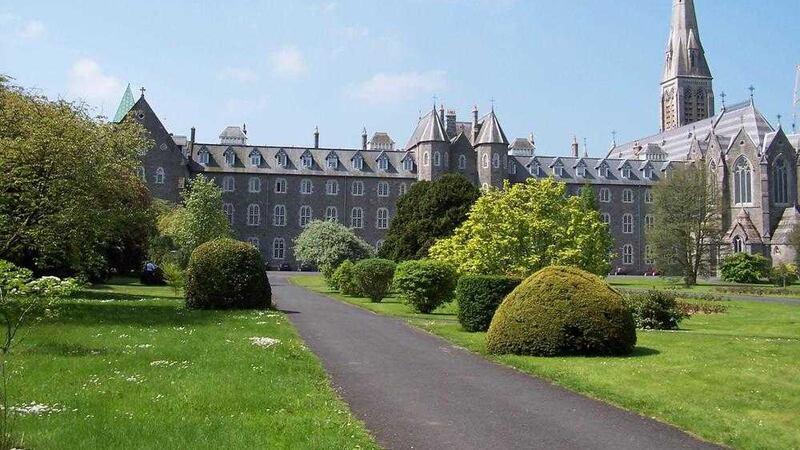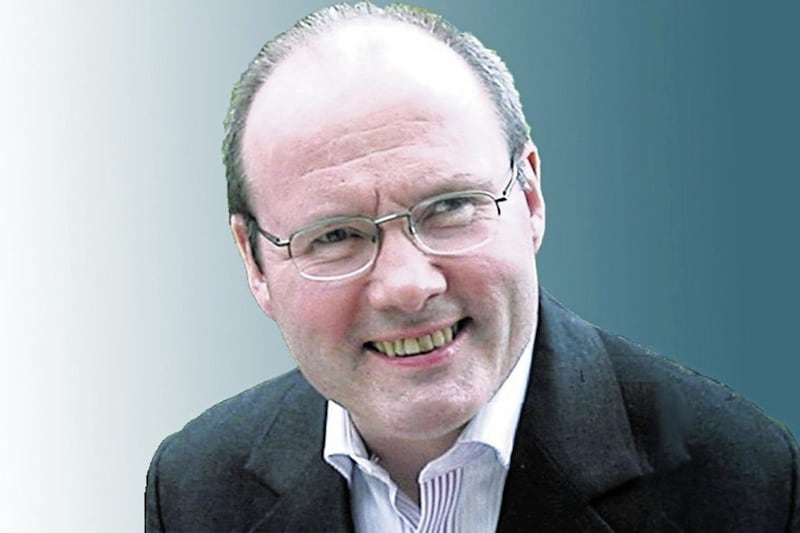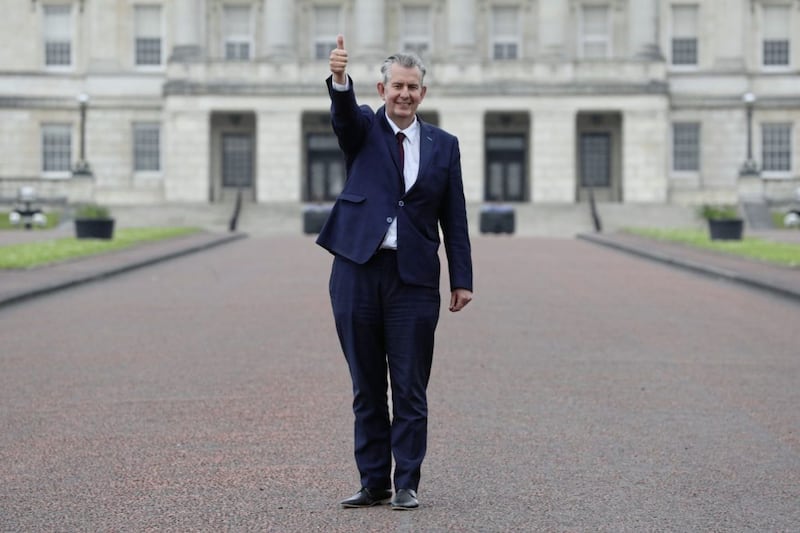BY now ten new seminarians from across Ireland are a month into their first year at St Patrick’s College, the national seminary at Maynooth.
They are to be commended for the brave counter-cultural choice they have made to respond positively to a possible call from God to the priesthood.
Those young men need and deserve our prayers as they proceed with their formation and prayerfully discern whether the priesthood is indeed God’s plan for them.
They have entered Maynooth at arguably the most turbulent time in its history.
But before we proceed any further let’s get something straight.
The sense of crisis that broke out around Maynooth at the beginning of August was not caused by the media.
If ever there was a case of shooting the messenger it came in a statement on August 24 from people who should have known better, the Trustees of St Patrick’s College Maynooth, the four archbishops and eleven other bishops, who referred inter alia to “…recent and extensive media coverage regarding the College, and the disquiet it has caused among the faithful…”
Not a mention in the statement of the one man who triggered the Maynooth media storm right at the start of August, Diarmuid Martin, archbishop of Dublin, the second most senior bishop in the land, a senior trustee of the seminary, who would have with the other trustees presumably signed off on that statement.
Now what really caused disquiet and not a little confusion among the faithful, including no doubt the parents of prospective seminarians, was the serious and highly newsworthy criticism of Maynooth itself, levelled at it in an unforced and open way by Diarmuid Martin himself.
The media were simply doing their duty in reporting, analysing and debating what he said.
Dr Martin announced that he would be sending three Dublin seminarians to the Irish College in Rome rather than to Maynooth while making it clear that his attitude to Maynooth was “at least for the moment” and that he “would not advise any bishop not to send their students there”.
Confused? I bet you are.
Does anyone really believe that after everything the Church has been through that bishops such as Eamon Martin, Noel Treanor or Donal McKeown who continue to have confidence in Maynooth would countenance sending students there if it was really a morally suspect place?
Diarmuid Martin referred to “an atmosphere of strange goings-on” in Maynooth, and acknowledged reports of an alleged gay sub-culture in what he termed “a quarrelsome place.”
The Trustees acting collectively, once they got their dig at the media out of the way, implied that all is not well in the seminary by announcing a review of the current policy on whistle-blowing and the use of the internet and social media.
Indeed, things are so sensitive that in a break with usual practice at this time of year the bishops’ communications office will not tell journalists what dioceses the new entrants are from “in order to support seminarians during their study and discernment.”
Maybe I am missing something but I just don’t follow the reasoning here. Any step back from glasnost is dispiriting, particularly in a national Church not noted for openness.
Some fellow bishops may still be smarting from Archbishop Diarmuid Martin’s solo run but they and the rest of us who still care about the Church would do well to interrogate and debate the basic question he has posed.
And that is whether a seminary built more than 200 years ago to train 500 priests in an entirely different world is fit for purpose in the 21st century and whether the priests of tomorrow should spend the greater part of their training at the coal face in parishes, in the words of Pope Francis “living with the smell of the sheep” rather than in what Dr Martin calls “the closed strange world of seminaries”.
Dr Martin’s reputation as something of a loner may be instructive because he has long stood out from the pack in a positive way, as one who is prepared to rock the boat, not least when he threw open the files of the Dublin archdiocese to Judge Murphy and secured the appointment of Marie Collins, a victim and survivor of clerical sex abuse to the Pope’s Commission for the Protection of Minors.
A great challenge for Pope Francis and the bishops is to establish the machinery to debate at all levels in a meaningful way the sort of issues that Diarmuid Martin is not afraid to highlight.








